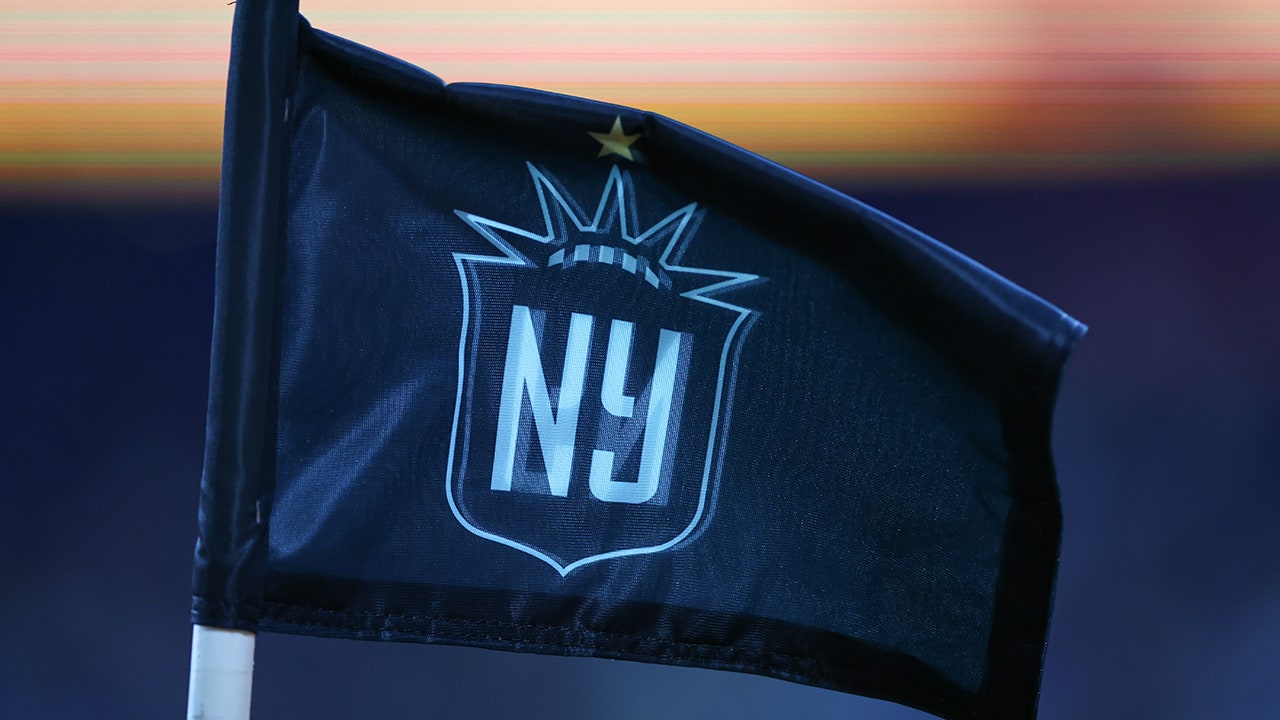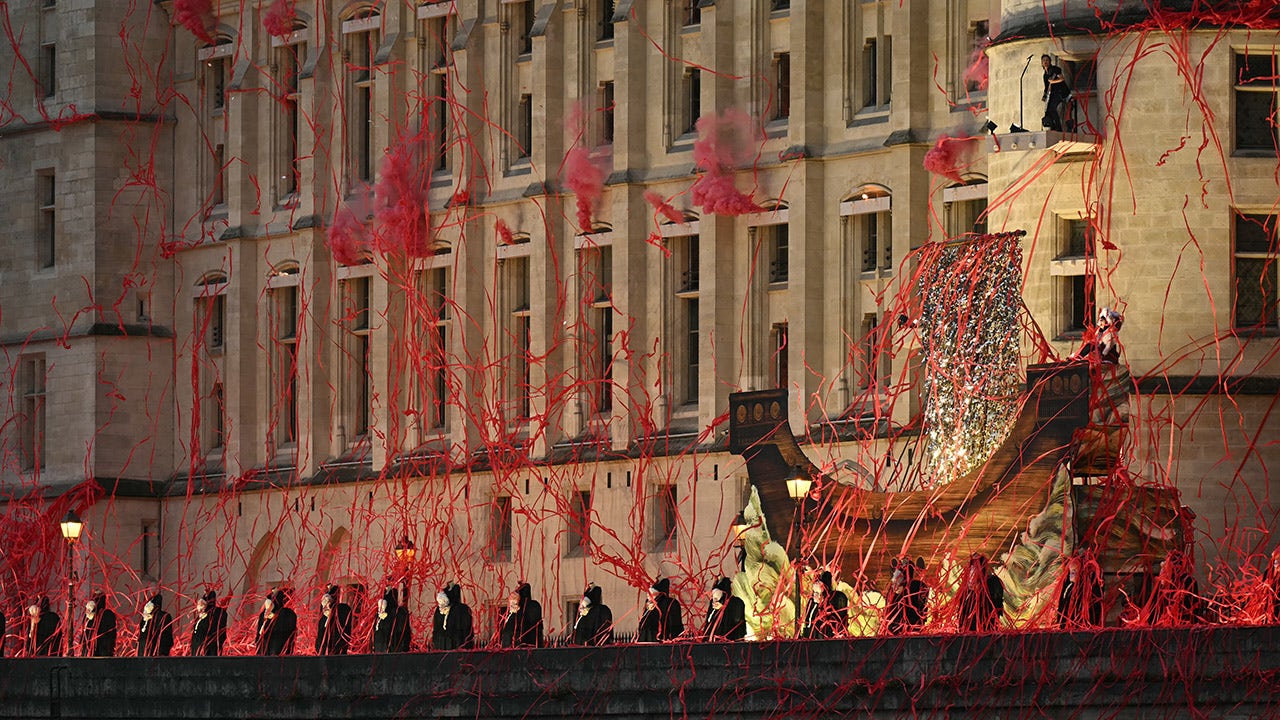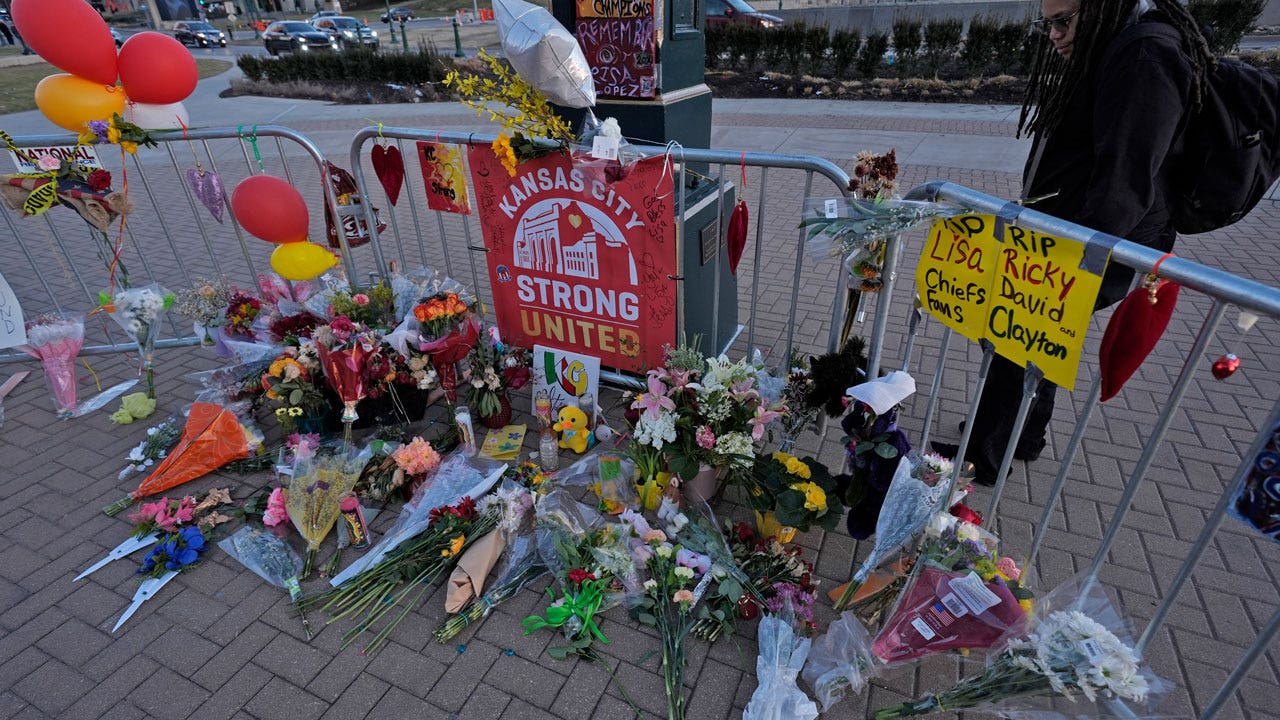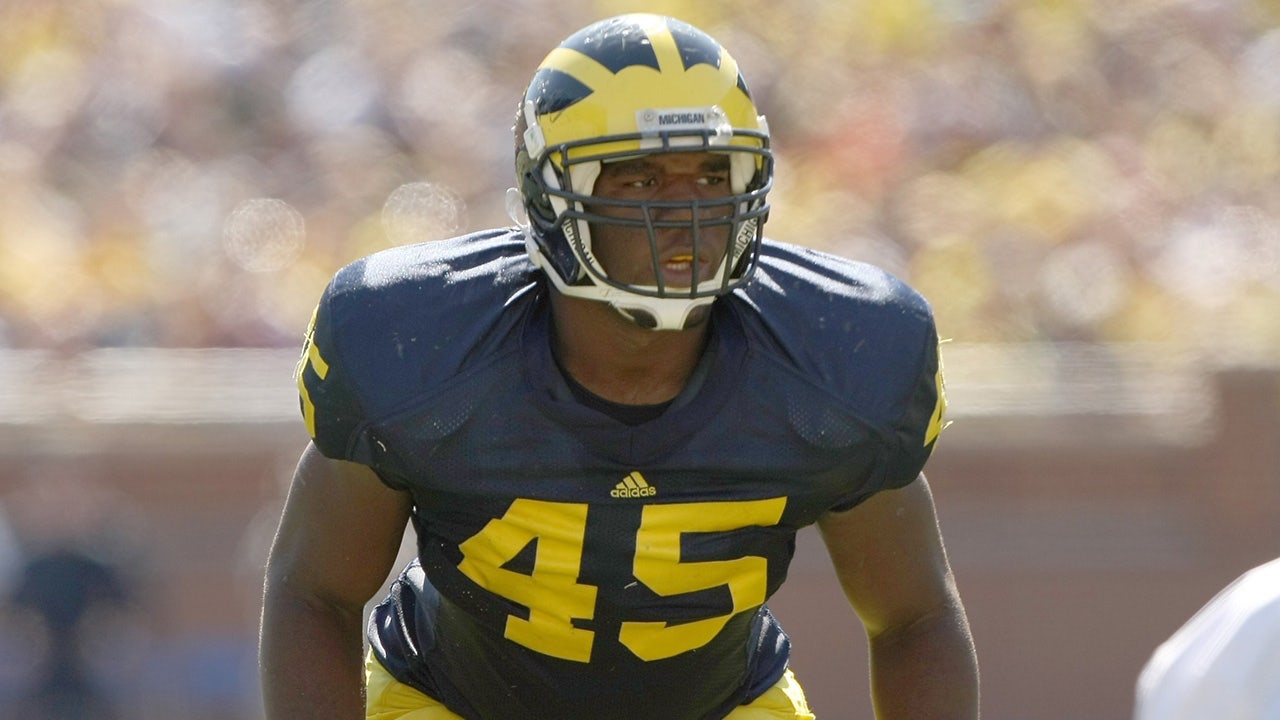
Jon Urbanchek, a Hungarian immigrant who became a revered swimming coach in the United States and guided 44 swimmers to the Olympics, where they won 21 medals, 11 of them gold, died on May 9 in hospice care at his home in Fullerton, Calif. He was 87.
Jack Roach, a close friend and fellow coach, said the cause was complications of Parkinson’s disease.
Urbanchek mainly made his name at the University of Michigan pool, where he coached the men’s swim team from 1982 to 2004 and led it to 13 Big Ten Conference titles, including 10 in a row at one point, and the 1995 N.C.A.A. championship.
In all, his Michigan swimmers earned 315 All-America honors.
“Michigan was like a freight train,” Urbanchek told The Orange County Register in California in 2012. “By the mid-’80s, we built a freight train people jump on, they get off and new kids jump on. The machine was going constantly.”
He served on the coaching staffs of six United States Olympic teams, from 1988 to 2012, and was a technical adviser to U.S.A. Swimming, the national governing body, from 2018 to 2020.
“The part that made him special is that he found a way to get the best out of you while still encouraging you to enjoy the process,” Lindsay Mintenko, managing director of the national team at U.S.A. Swimming, said in a phone interview.
The swimmers he coached — both at Michigan and in the Olympics — included such stars as Michael Phelps, Katie Ledecky, Mike Barrowman, Tom Dolan and Tom Malchow.
“Thinking about what he taught me in and out of the pool,” Phelps, who won a record 28 Olympic medals, including 23 gold, wrote on Instagram after Urbanchek died. “One of the most influential ppl I’ve had in my life.”
Urbanchek was known for his innovations in stroke techniques and race strategies; his structured approach to building endurance throughout a swim season; and his frequent exhortation to swimmers: “Keep it moving!”
Malchow, who swam for Urbanchek at Michigan and won a gold medal in the 200-meter butterfly at the 2000 Summer Olympics in Sydney, said by phone that Urbanchek “could read people when they needed a coach for the athletic side, but he could coach you from the human and mental side, too.”
When Malchow competed at the 2004 Athens Olympics with a shoulder injury, he said, Urbanchek “really managed my expectations — I wasn’t expecting to beat Phelps — but he helped me embrace being co-captain of the team.” He finished eighth.
Barrowman, who won Olympic gold in the 200-meter breaststroke in 1992, recalled that before entering the University of Michigan he had been coached by another well-known Hungarian, Jozsef Nagy, while he was in high school.
“Imagine having some freshman kid who’s number one in the country coming to swim for your school, and that kid has a pretty famous coach who’s just created a new stroke,” he said. But, he added, Urbanchek “gave Jozsef and I a respectful space to continue with some of the stuff we’d been working on, while still drawing me in as one of his own Michigan men.”
Janos Urbancsok was born on Aug. 23, 1936, in Szarvas, Hungary. His parents owned a retail business.
He was 20 when Soviet tanks crushed the Hungarian rebellion in 1956. Early the next year, he and some other swimmers fled by train to Austria. He moved to the United States and settled in Ann Arbor, Mich., home to the University of Michigan. After satisfying eligibility requirements, he enrolled at the university and soon renamed himself Jon Charles Urbanchek.
Urbanchek helped Michigan’s swim team win N.C.A.A. championships in 1959 and 1961 and All-America honors at least twice, and he coached the school’s freshmen. He detoured from studying engineering (he flunked organic chemistry) and graduated with a bachelor’s degree in education in 1962; that same year, he received a teaching certificate from the school. He earned a master’s in education from Chapman University in Orange, Calif., in 1973.
After graduating from Michigan, he was a swim coach with the Dayton Dolphins club in Ohio while teaching at a local high school. In 1964, he was hired by Anaheim High School in California, where he coached swimmers to eight league titles and the water polo team to five. He also coached the Anaheim Aquatics Swim Club, whose star, Rod Strachan, won the gold medal in the 400-meter individual medley at the 1976 Summer Olympics.
In 1978, Urbanchek became the head swimming coach at California State University, Long Beach. He stayed there until 1982, when he returned to Michigan.
“I owed Michigan,” he told The Register.
He was humble about his success; he said he did not dwell on the number of Olympians he coached or the many medals that they won.
“I’m not a magician,” he said in a 1995 talk to coaches. “I’m just a plain coach, just like you are, trying to do the best I can. Trying to use some knowledge and a little bit of motivation here and there.”
He was elected to the International Swimming Hall of Fame in 2008 and the Michigan Sports Hall of Fame in 2010. He also received the International Olympic Committee’s Lifetime Achievement Award in 2017.
He is survived by his wife, Melanie (Silas) Urbanchek; his daughter, Kirsten MacKenzie; a granddaughter; and a brother, Alex.
Urbanchek’s influence extended beyond Olympians to Candace Cable, who entered Long Beach State after losing the use of her legs in a car accident. Someone had recommended that she take up swimming. Urbanchek, then the school’s swimming coach, agreed to teach her and suggested that she compete in events.
“He made me feel so included,” she said in an interview in 2019 with the LA84 Foundation, which supports youth sports organizations as a legacy of the 1984 Summer Olympics in Los Angeles.
Swimming led her to push herself around the school’s track in her wheelchair and eventually to great success in the Paralympic Summer and Winter games, where she won 12 medals as a track racer and skier.
“The inclusion that I felt from Jon,” she said, “and then the camaraderie that I felt from the other people that had disabilities,” gave her a new vision for her future.
“I started to put them together,” she said, “and I started to see a path.”









